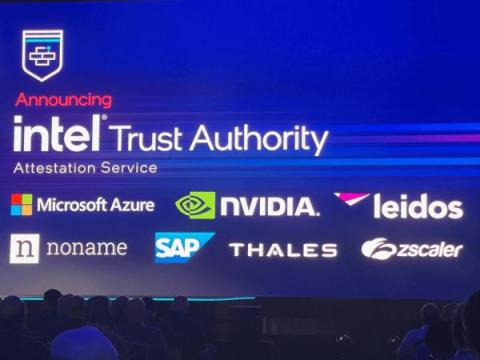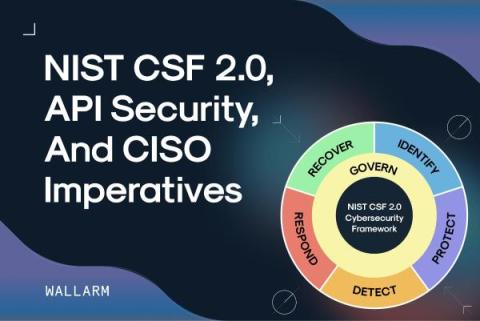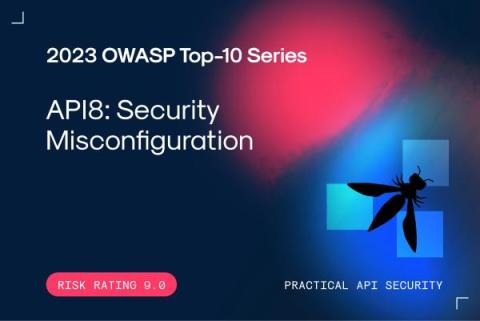Noname Security and Intel Trust Authority: Building Trust Through Confidential Computing
Intel’s Trust Authority is a new service that provides remote verification of the trustworthiness of a compute asset, based on attestation (cryptographic verification) and policy (a legitimate workload). This is a significant development for confidential computing, as it provides a way for organizations to independently verify the security of their workloads. Noname Security is excited to be a partner in the Intel Trust Authority program.











